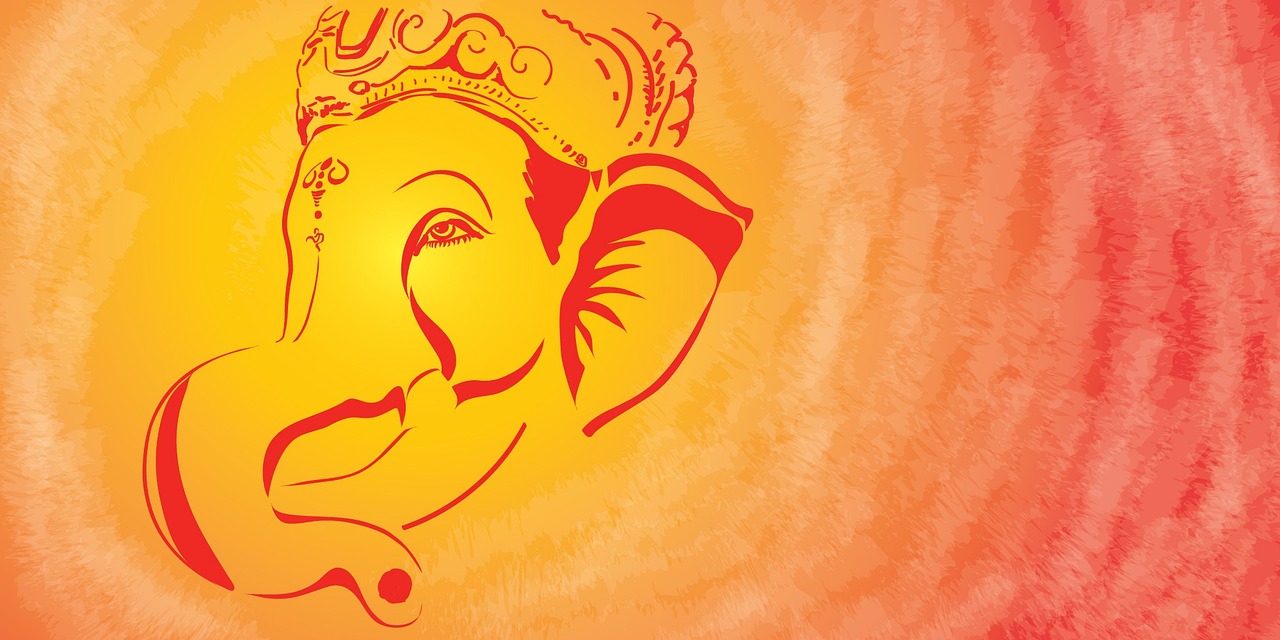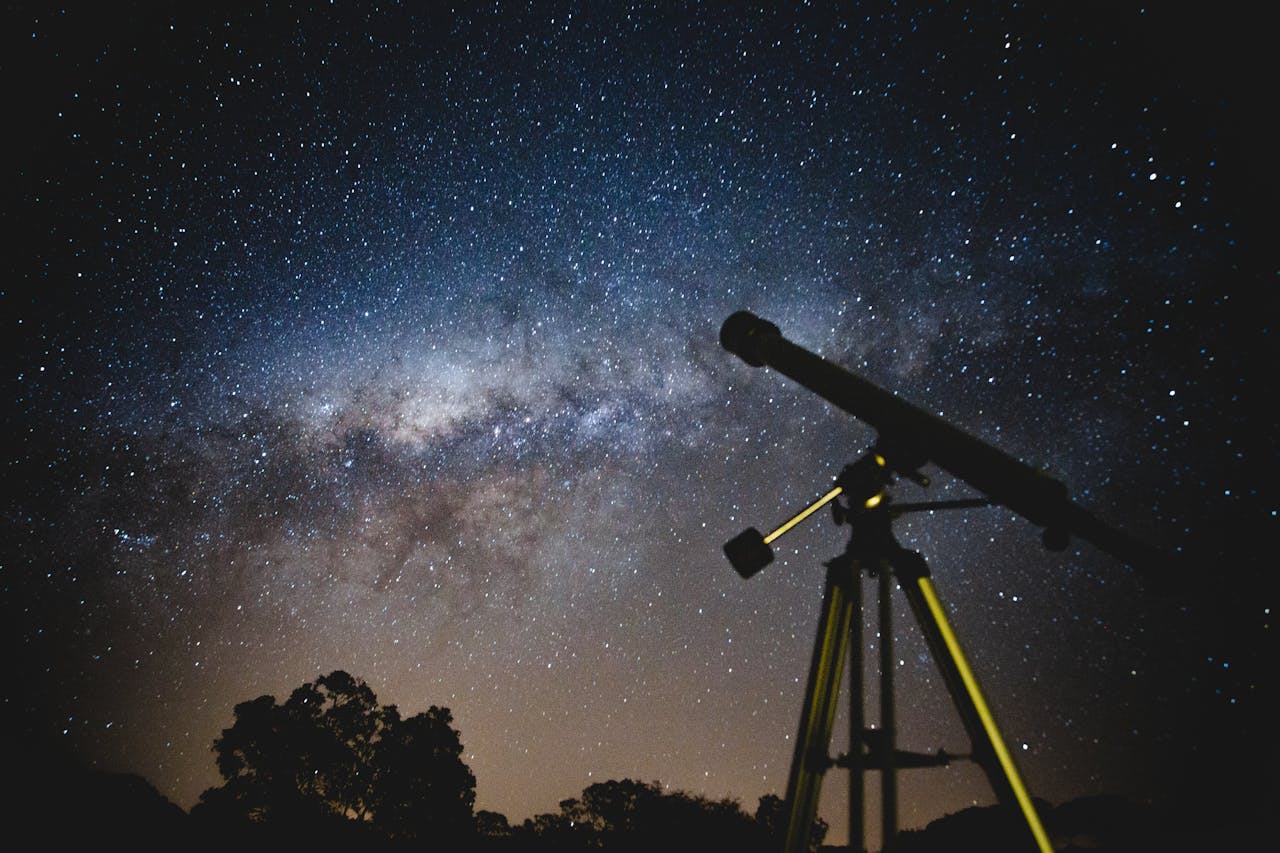The Moon’s Placement in Vedic Astrology: Understanding its Influence on Emotions and Mind
In Vedic astrology, the Moon is considered one of the most crucial planets, symbolizing the mind (Manas), emotions, and subconscious. It represents how we process feelings, react to experiences, and perceive the world. The moon’s placement in a birth chart offers profound insights into our emotional makeup, thought patterns, and mental resilience. Understanding whether the moon is strong or weak in the chart and how it interacts with other factors helps shape our inner world and well-being.
The Strength of the Moon
The moon’s strength in the chart is essential for mental and emotional health. A strong moon provides clarity, emotional stability, and a calm, balanced mind. Such individuals are resilient in facing life’s ups and downs, maintain a positive outlook, and possess good intuition. They can also nurture others and express empathy easily, as their emotional intelligence is well-developed.
On the other hand, a weak moon can result in emotional instability, confusion, and sensitivity to stress. Those with a weak moon may struggle with anxiety, mood swings, or have difficulty controlling their emotions. It can also manifest as a tendency toward negative thinking or feeling overwhelmed by life’s challenges. Strengthening the moon through remedies or practices like meditation and connecting with water (the moon’s element) can help bring more emotional balance.
The Moon’s Placement in the 12 Houses
Where the moon is placed in the 12 houses of the birth chart influences how we experience emotions and the focus of our thoughts.
-
Moon in the 1st House: The moon in the first house makes the person highly emotional and sensitive, with a deep focus on their identity and self-expression. They are usually nurturing, intuitive, and responsive to others’ feelings.
-
Moon in the 2nd House: Here, the focus is on wealth, family, and security. The individual’s emotions are often tied to material possessions and their sense of self-worth. They may feel emotionally secure when their financial life is stable.
-
Moon in the 3rd House: This placement leads to an emotionally charged approach to communication, learning, and relationships with siblings. The mind is active, and there may be an emotional need to express ideas and explore new experiences.
-
Moon in the 4th House: The moon is at home in this house, representing emotional security, home life, and family. The person’s emotional state is deeply tied to their sense of belonging and domestic environment.
-
Moon in the 5th House: Emotions are connected to creativity, children, and romance. The individual may derive emotional satisfaction from artistic expression, love affairs, or their role as a parent.
-
Moon in the 6th House: This placement may lead to emotional fluctuations related to work, health, and service. The person may experience stress or worry about their responsibilities but may also find emotional fulfillment in helping others.
-
Moon in the 7th House: The moon here makes relationships and partnerships the primary focus of one’s emotional world. The individual seeks emotional balance through their interactions with others and may feel incomplete without a partner.
-
Moon in the 8th House: This is a transformative placement, where emotions are tied to the mysteries of life, death, and rebirth. The person may feel drawn to deep, intense experiences and have a powerful emotional connection to change and transformation.
-
Moon in the 9th House: The focus is on higher learning, spirituality, and travel. The individual finds emotional fulfillment through exploring philosophical ideas, distant lands, or spiritual pursuits.
-
Moon in the 10th House: Here, the moon connects emotions with career and public life. The person’s emotional well-being is often linked to their success and reputation in the world. They may be emotionally driven to achieve their goals.
-
Moon in the 11th House: Emotions are focused on social networks, friendships, and long-term goals. The person derives happiness from group activities and may feel emotionally secure when surrounded by like-minded people.
-
Moon in the 12th House: This placement leads to emotional introspection and connection to the subconscious. The individual may have hidden emotional depth and feel drawn to spirituality, solitude, or charitable work. However, there can be emotional struggles related to letting go or detachment.
Conclusion
The moon’s placement in Vedic astrology profoundly influences how we think, feel, and react to life. A strong moon brings mental clarity, emotional stability, and intuition, while a weak moon can create emotional turbulence and mental unrest. Understanding the moon’s position in the 12 houses offers valuable insights into where our emotional energies are focused and how we process our inner and outer worlds. By balancing and strengthening the moon, we can cultivate greater peace, resilience, and emotional well-being.


